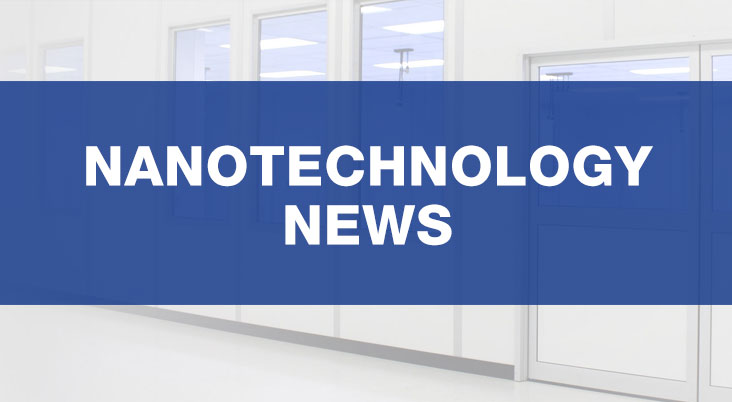
US Senator Feinstein commends NanoBioNexus education efforts
SAN DIEGO, Calif., – Nov 19 –‐ Even in early stage breast cancer or after a partial mastectomy patient studies show 25‐50 percent of cancers recur ‐‐‐ despite improved pre‐operative imaging techniques, such as MRI and ultrasound. Future nanotechnology‐enabled surgeries can accurately detect benign versus malignant breast cells ‐‐‐ and may decrease the odds of recurrence. Recently recognized by United States Senator Dianne Feinstein for their dedication to cancer nanotechnology education ‐‐‐ NanoBioNexus (NBN), a global nanobiotechnology education and outreach leader is leading this cause.
ʺOn the heels of national cancer awareness month, we’re pleased to play a critical industry role to bring awareness to cancer nanotechnology advances through our education and public outreach projects.ʺ said Adriana Vela founder and chair of the NBN team of scientists and business professionals. ʺLearning how nanotechnology can be applied to cancer is important for gaining support and funding to further expand research and commercialization.ʺ said Vela.
The need for a real time cancer detection system to optimize local excision of cancer cells is high. UCSD’s surgical oncologist Dr. Sarah Blair, in collaboration with a dedicated team at the NanoTumor Center, an NCI‐funded Center for Cancer Nanotechnology Excellence, are developing an automated system that quickly and accurately detects benign versus malignant cells during surgery. The system consists of several components under development in addition to a comprehensive program that includes testing these techniques on surgical samples from patient volunteers. Clinical samples are invaluable in accelerating the development of this practical technique.
About three million women in the United States are living with breast cancer, one million of whom have yet to be diagnosed. One of out every eight women will get breast cancer at some point in her lifetime and one out of every six men will have prostate cancer. The consequences of poor surgical margins is significant for patients ‐‐‐ in addition to the emotional and physical stress of a possible second operation, a delay in post‐operative therapy, and an increase in wound infections. The limitation of today’s technologies also impacts the burdening costs for healthcare systems.
Feinstein is committed to supporting increases in government‐funded research that will help make these innovations a reality. “Nanotechnology is aiding the fight against cancer.” said the Senator in her video address about cancer. “What we need to do is find the cure and that’s going to come through research.” Hear more from Feinstein ‐ On the net: http://nanobionexus.org/feinstein/abstract.aspx
Education plays a key role to further develop these advances and NBN, ‐‐ already widely acclaimed for its educational forums and nanobiotechnology expertise ‐‐ is committed to spreading the word through its series of nanotechnology events, seminars and forums. NBN is also co‐lead of the Educational Core and sub‐recipient of the NCI Alliance grant that funds the Tumor Center.
Upcoming nanotech applications in cancer will be discussed at the NanoBioNexus’, “Nanoparticles for Imaging, Drug Delivery and Diagnostics – From Manufacturing to Market Application” event on Dec 13, held at San Diego’s Moores UCSD Cancer Center’s Goldberg Auditorium. On the net: http://www.nanobionexus.org/events.aspx
About NanoBioNexus
Non‐profit NanoBioNexus, headquartered in San Diego is dedicated to nanobiotechnology. With a growing international constituency, NanoBioNexus’ mission is to increase awareness and understanding of nanotechnology through business opportunities, educational forums and professional services in the application of nanotechnology in life sciences. Nanotechnology involves manipulating matter smaller than 100 nanometers and utilizing properties present only at that scale. On The Net: www.nanobionexus.org.


Recent Comments